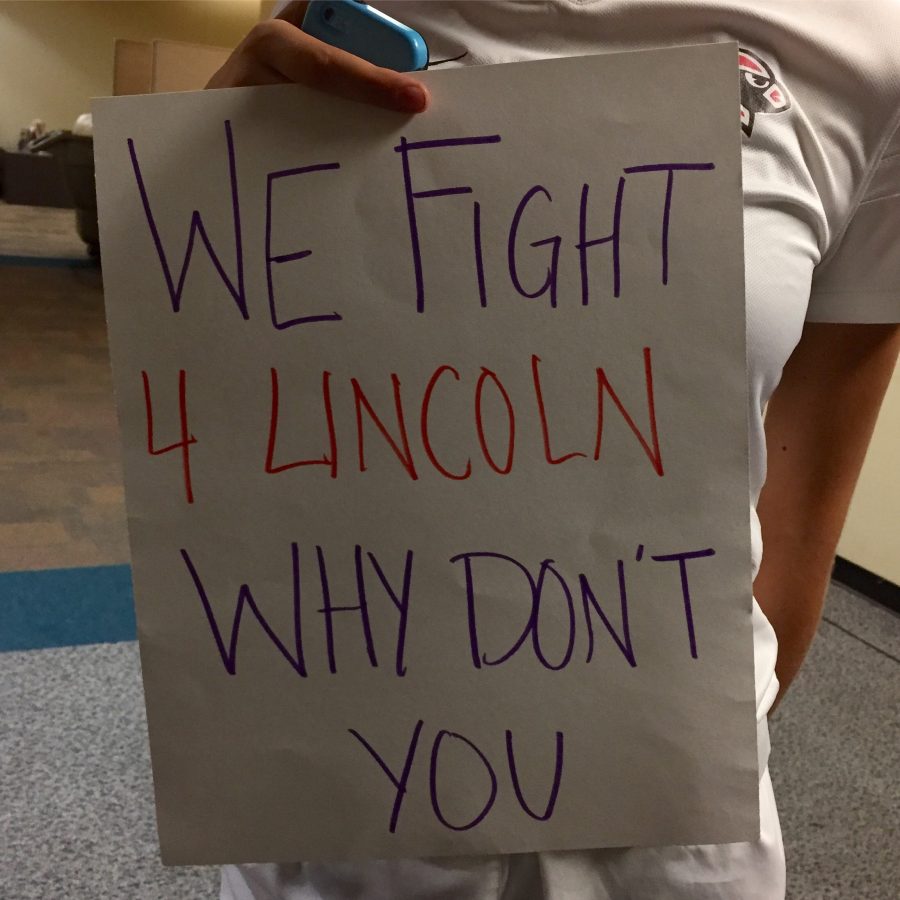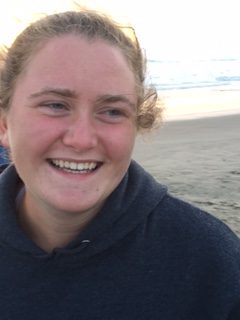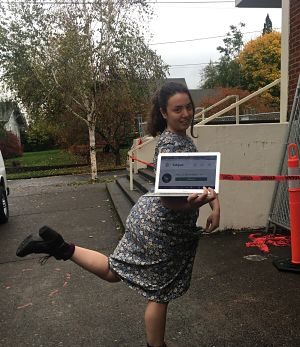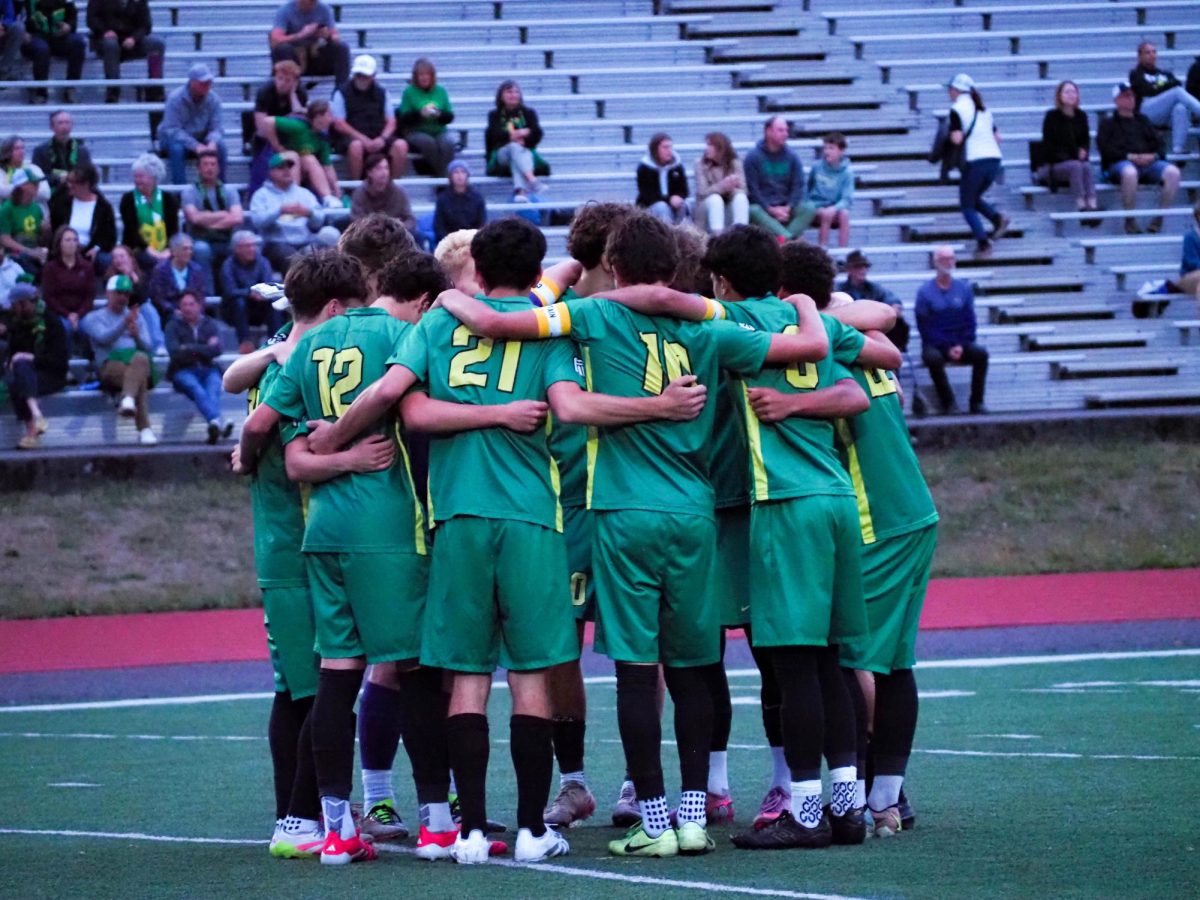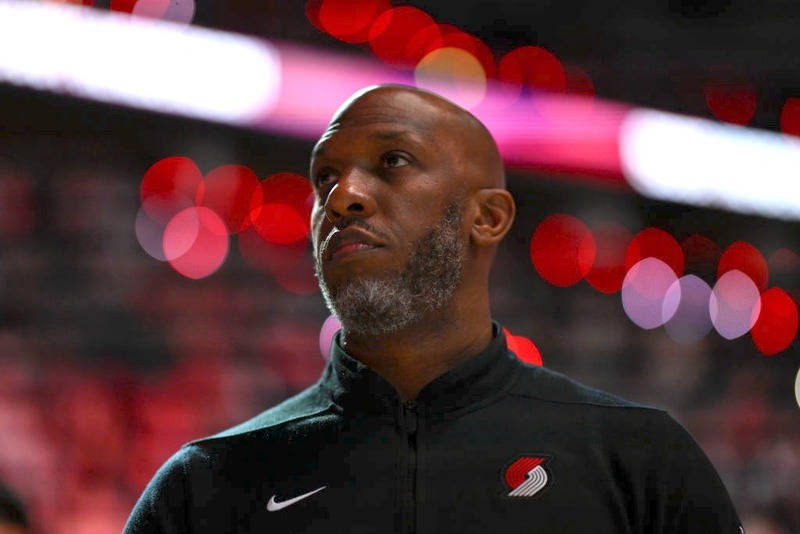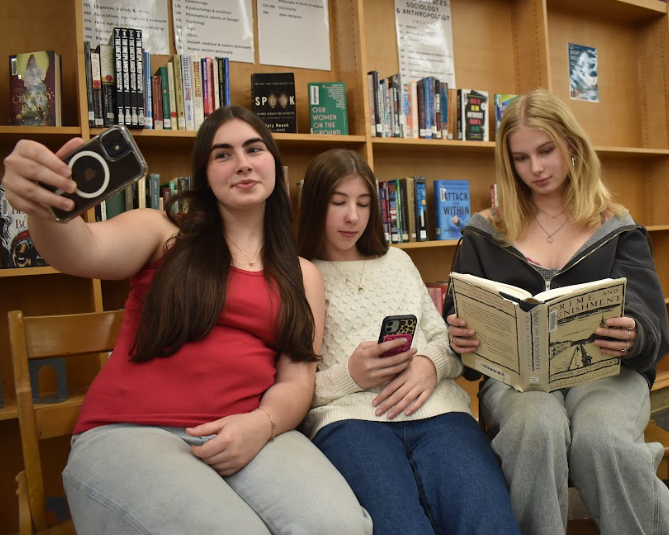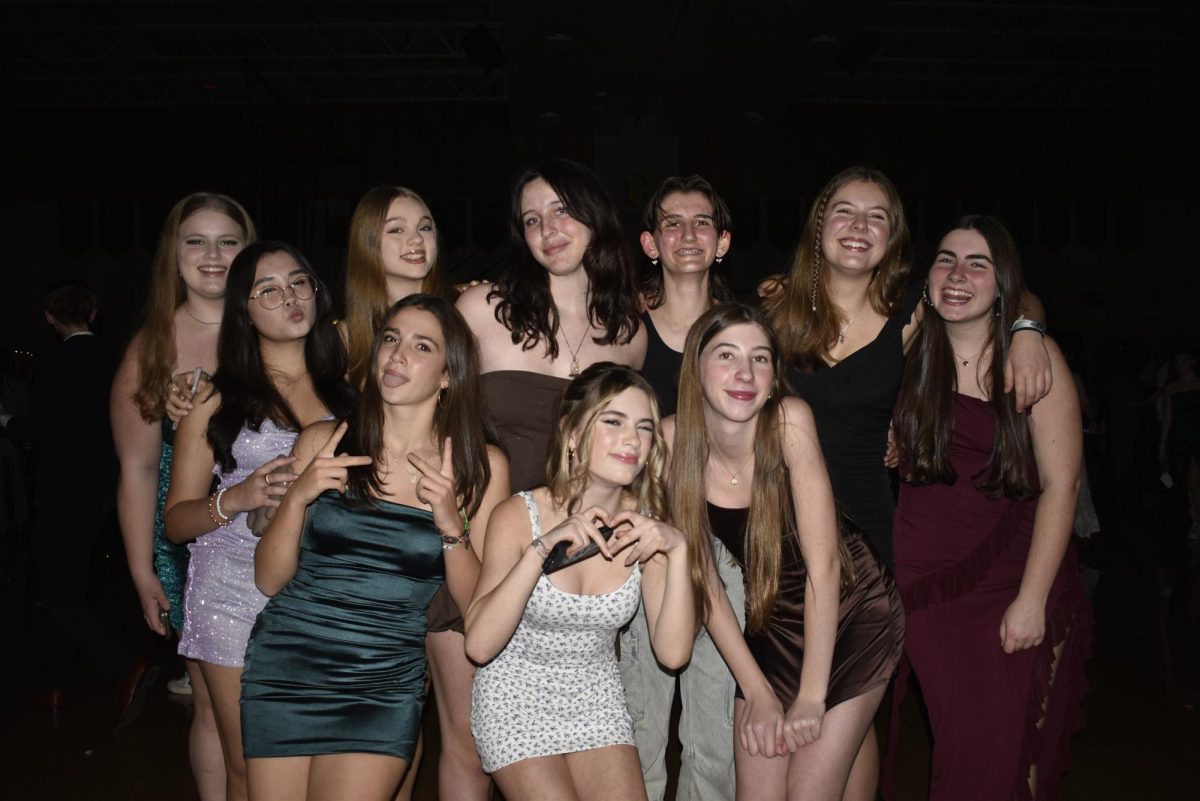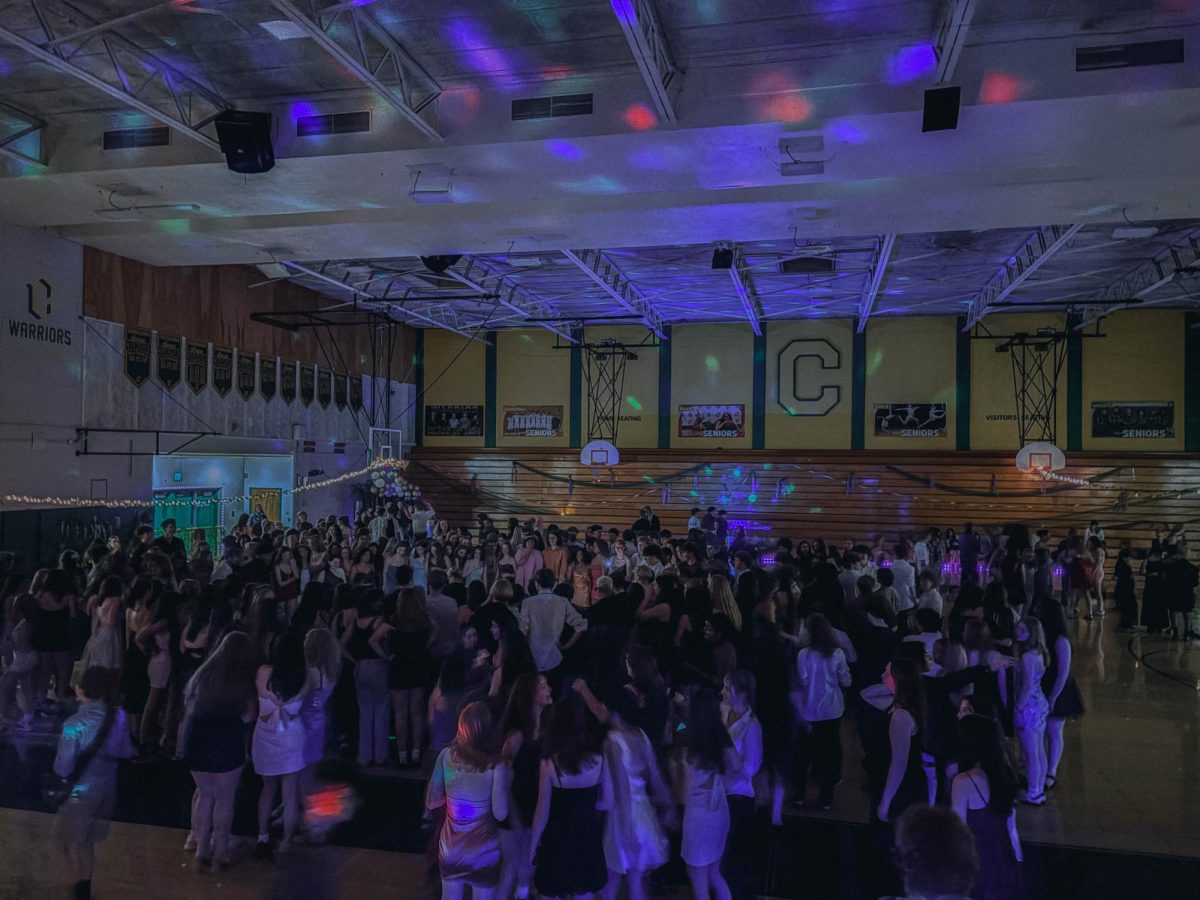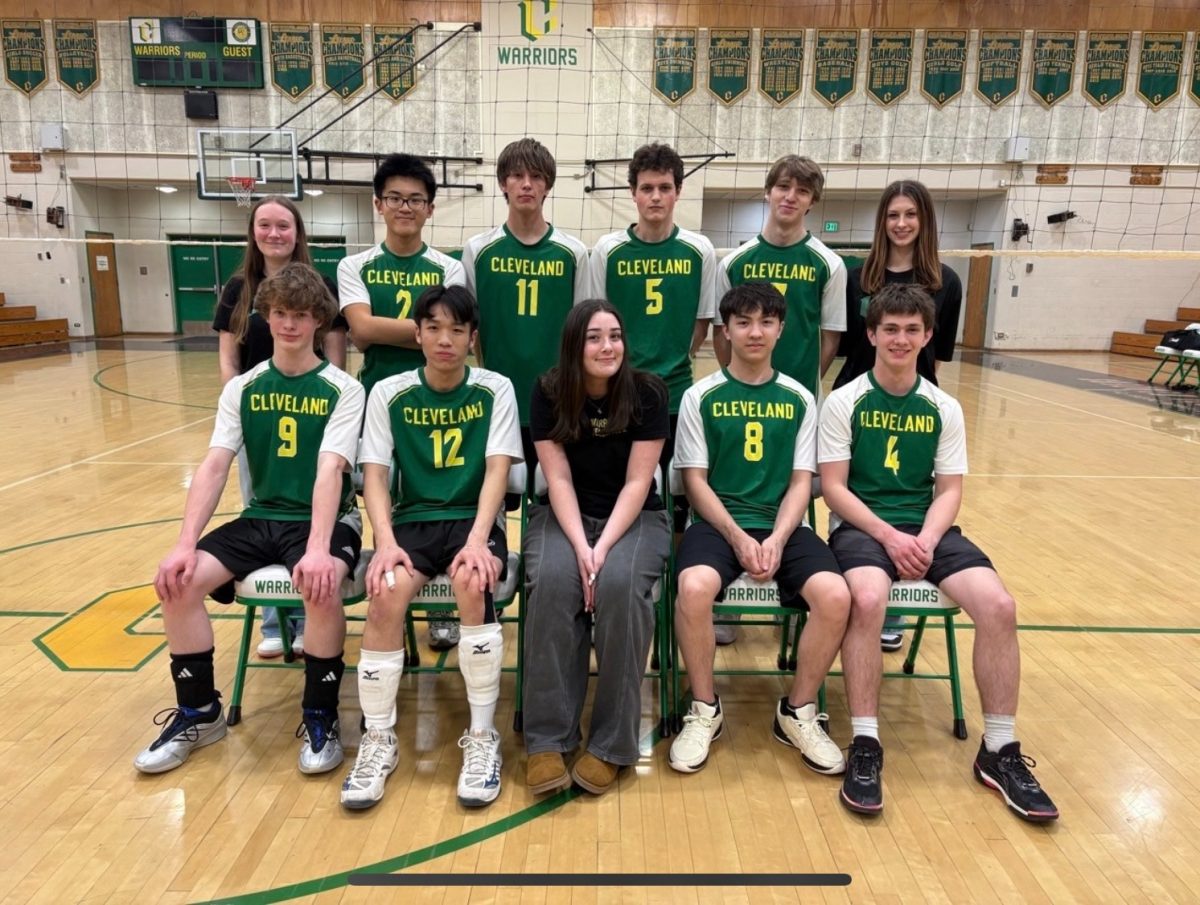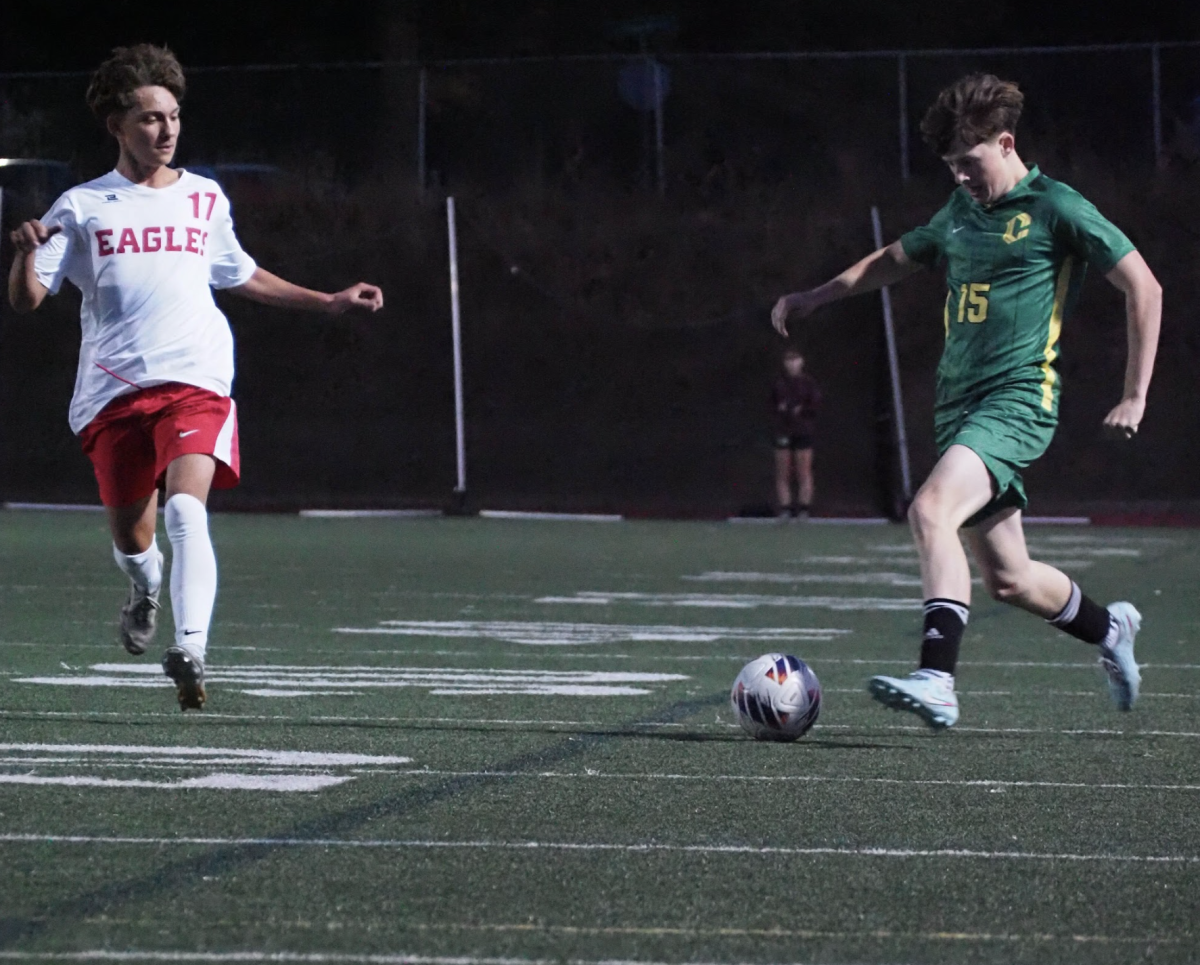Lincoln students walkout in support of bond measure
September 15, 2016
The ceilings are rotting in high schools around Portland. The water is undrinkable. A bond that could help fix these problems and many more was shot down. A protest was just waiting to happen, and the students of Lincoln High School led the way.
For six miles, a crowd of students at some points numbering in the hundreds let their chants thunder into the ears of anyone who would listen. They marched to Pioneer Courthouse Square, City Hall, Benson High School, and PPS headquarters, all because they wanted reconsideration of the bond out of concern for the generations to come. The crowds chanted rebellion such as, “PPS is a mess!” and “We are the ones that fight for this school!”
In an interview on Wednesday, Sept. 7, the day of the protest, a protester was asked about how this bond would benefit her learning. Her response? “The bond would have no effect on anyone in high school currently, but we really don’t want kids in the future to be in the same place we are,” said Hannah, a Lincoln junior.
Hannah, whose last name was being withheld at her request, was one of the marching protesters who attended a board meeting, Thursday, Sept. 6, in the hopes of passing a bond to fix Lincoln, Madison, and Benson high schools as well as Kellogg Middle School. The board voted 4-3 to delay putting the bond measure on the ballot until the spring election.
There were around 600 construction workers around our high schools this summer to try and complete projects on more than 50 schools. This was all part of the 2012 bond, and they were the first new high school facilities in more than 50 years in our district. The next phase would be the 2017 bond, which was shelved until the May election. The school district will present a fully complete and clear assessment of what our district needs and the plan moving forward.
This new bond was a $750 million dollar addition to the 2012 bond to fix safety and health problems in Lincoln, Madison and Benson high schools as well as Kellogg Middle School. This bond would most likely take years to finish fixing the surplus of issues, so potentially there would be several graduating classes that wouldn’t reap the benefits. So the Lincoln students who led this protest wouldn’t see any benefit for passing the bond, but instead they were thinking ahead to the future students of Lincoln.
“I think a lot of students were very anxious about what would happen once they left class. As for the students who planned the protest, we all felt a little overwhelmed seeing how we had just planned a protest in just under 12 hours,” said Lauryn Wilk, a Lincoln junior.
You would think that with all the attention students and even teachers (teachers who are marching and attending school board meetings) are giving this situation, this side of the issue would be more respected. However to no surprise, but only to disappointment, the board claims they are doing this to “build community trust.”
“If they wanted to build community trust, they’d listen to us,” said Hannah.
One student, Nicole, a senior at Lincoln, directed traffic while the protesters were in motion so as to keep everyone safe and peaceful. Despite this being a peaceful protest, when the students marched to Benson, the school went into lockdown. Police even arrived at the scene. Talking to an ex-police officer, Katie Potter, it was explained why there was a necessity of the police to be present. “If things escalate and police aren’t already there, there is nothing effective that we could do,” Potter said. However, nothing escalated beyond peaceful protest.
After the protest had subsided, the backlash on this student-led protest was unexpected. Some people who have succeeded in high school thought this protest was a show of a bad school system, and how high school students have a lack of disciplinary action.
“Despite making our point and being heard by the rest of Portland, it was still hard to hear that the school board would not call an emergency meeting. I am disappointed in the PPS school board system but proud to be a Lincoln Cardinal,” said Wilk.
Even with all of their efforts and high hopes, an emergency council meeting was not called. The ballot was for November, and any ballot after that has about a 50 percent chance of being voted in favor of the protesters’ desires. The students are disappointed and need this bond.
Said Wilk, “Despite the ridicule from some people, I think the protest made a statement and also made a mark in history for the students of PPS.”



